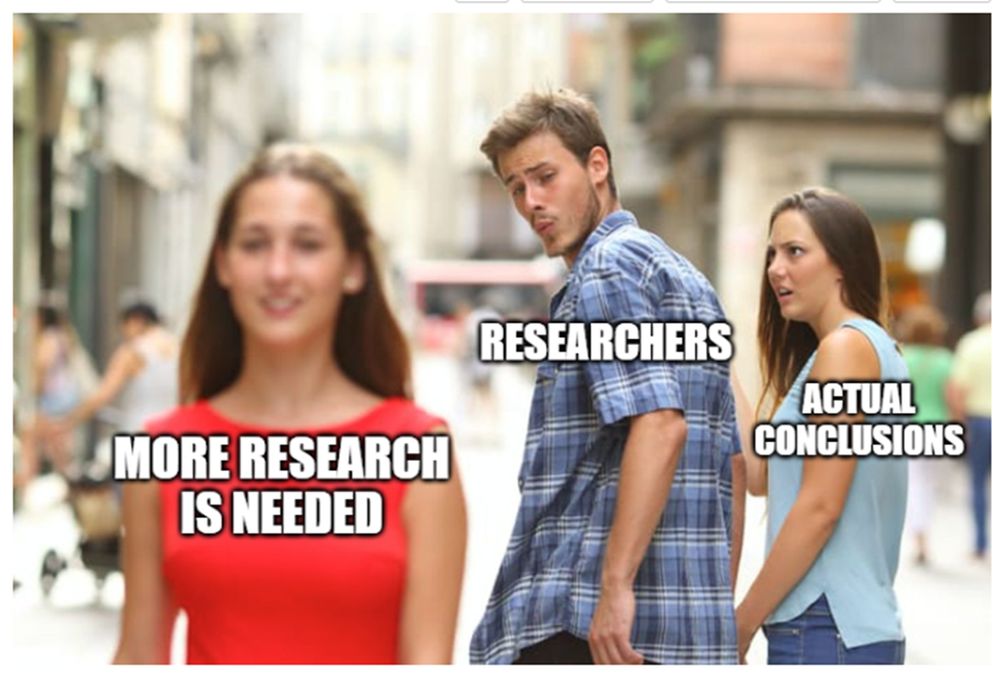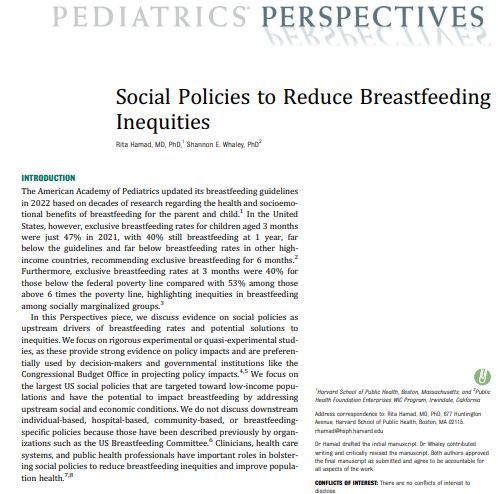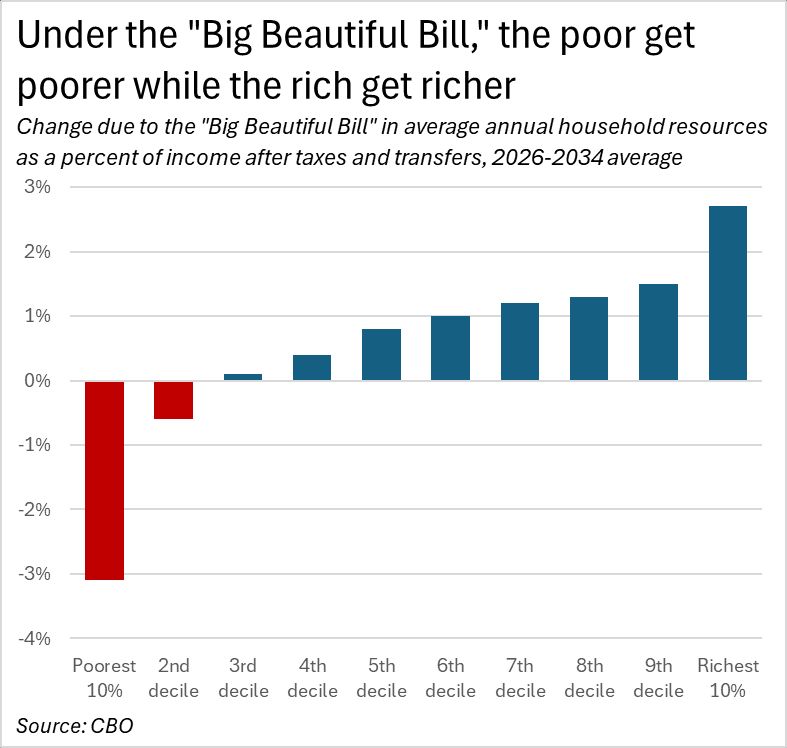Reposted by Rita Hamad

Reposted by Rita Hamad, Dani Rodrik, Stephen M. Walt , and 51 more Rita Hamad, Dani Rodrik, Stephen M. Walt, Cas Mudde, Ben H. Ansell, Jan W. Mueller, Guntram B. Wolff, Christian Odendahl, Richard S.J. Tol, Colin F. Camerer, Robbert Sanderman, David Brady, Gabriel Felbermayr, Steven Van de Walle, Tomasz Mickiewicz, Alistair Munro, Michael A. Clemens, Cyrus Samii, Lucas Leemann, Francesco Saraceno, Laia Balcells, Andrew Curry, Paul Lehmann, Guy Grossman, John Mullahy, Joshua Goodman, David Dorn, Ingo Rohlfing, Daniel W. Drezner, Iikka Korhonen, Robert C. Richards, Aaron Sojourner, Daniel Huppmann, Julia Lynch, Stephen D. Murphy, Nazita Lajevardi, Stacy D. VanDeveer, Miguel Á. Malo, Henry Farrell, Dean Eckles, Maria Abreu, Dana R. Fisher, Jason Lyall, Brian Weatherson, Brooke Harrington, Bård Harstad, Christina Pagel, Jürgen Janger, Nicolai von Ondarza, Karsten Mäuse, Dietmar Fehr, Bartosz Bartkowski, Adam Tooze, Anita Gohdes
🧵 1/7

Reposted by Rita Hamad
Thank you to Dr. @ritahamad.bsky.social and Dr. Joseph Llobrera for speaking with me for this story.

by Rita Hamad
by Rita Hamad
by Rita Hamad

by Rita Hamad
by Rita Hamad
by Rita Hamad
Reposted by Rita Hamad

Reposted by Rita Hamad, Scott L. Greer, Sarah E. Gollust
by Rita Hamad
by Rita Hamad — Reposted by Michael D. Green, Sarah Burgard

by Rita Hamad
Reposted by Rita Hamad, Karen Benjamin Guzzo, Sarah Burgard

by Rita Hamad
#sciencesky #academicsky

by Rita Hamad — Reposted by Karen Benjamin Guzzo
by Rita Hamad
jamanetwork.com/journals/jam...

by Rita Hamad

by Rita Hamad
by Rita Hamad — Reposted by David L. Anderson

by Rita Hamad

by Rita Hamad
by Rita Hamad

by Rita Hamad — Reposted by Rita Hamad

by Rita Hamad
Original article: jamanetwork.com/journals/jam...
Reposted by Rita Hamad

Reposted by Rita Hamad, Michael J. Allen, Stuart Shapiro
The "Big Beautiful Bill" was the largest transfer of wealth from the poor to the rich in a single law in history

by Rita Hamad

